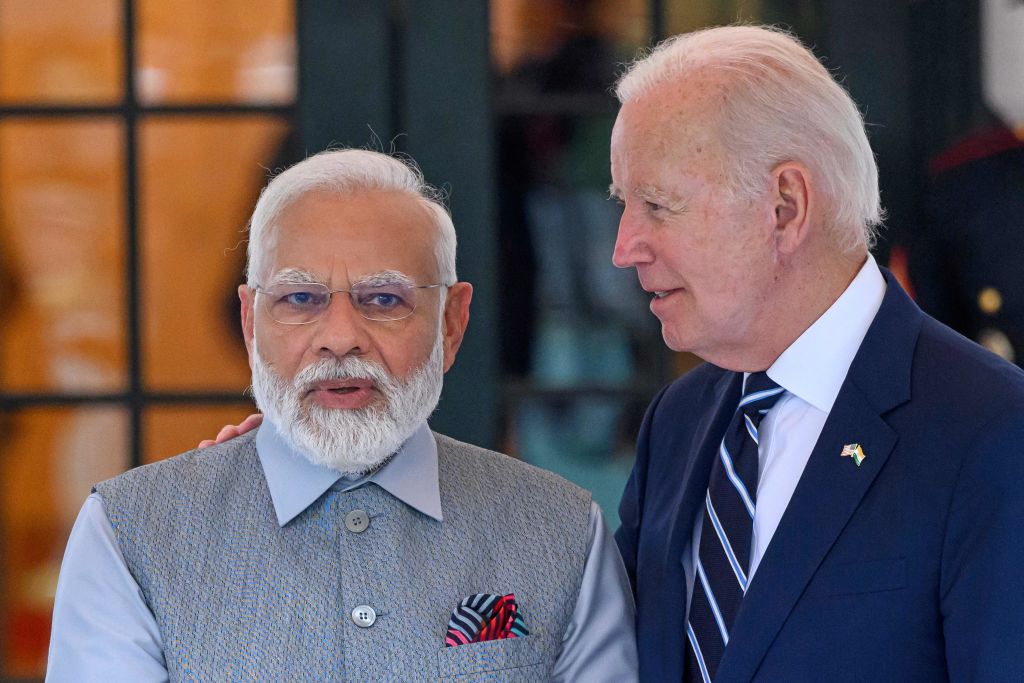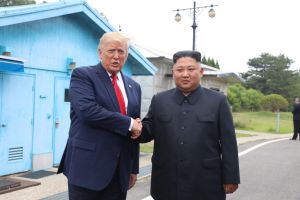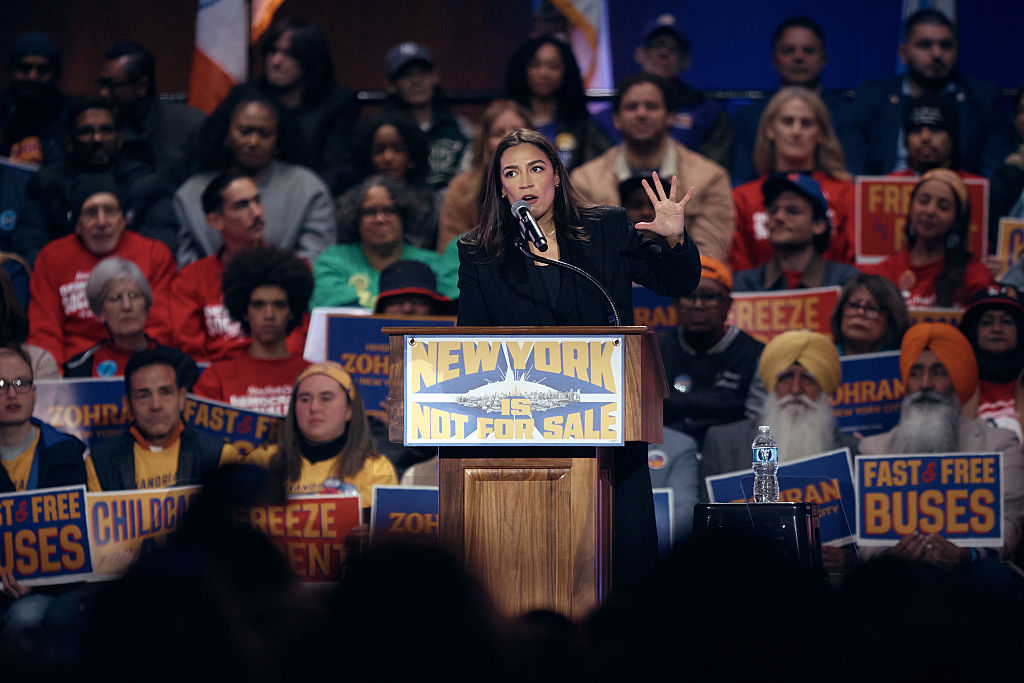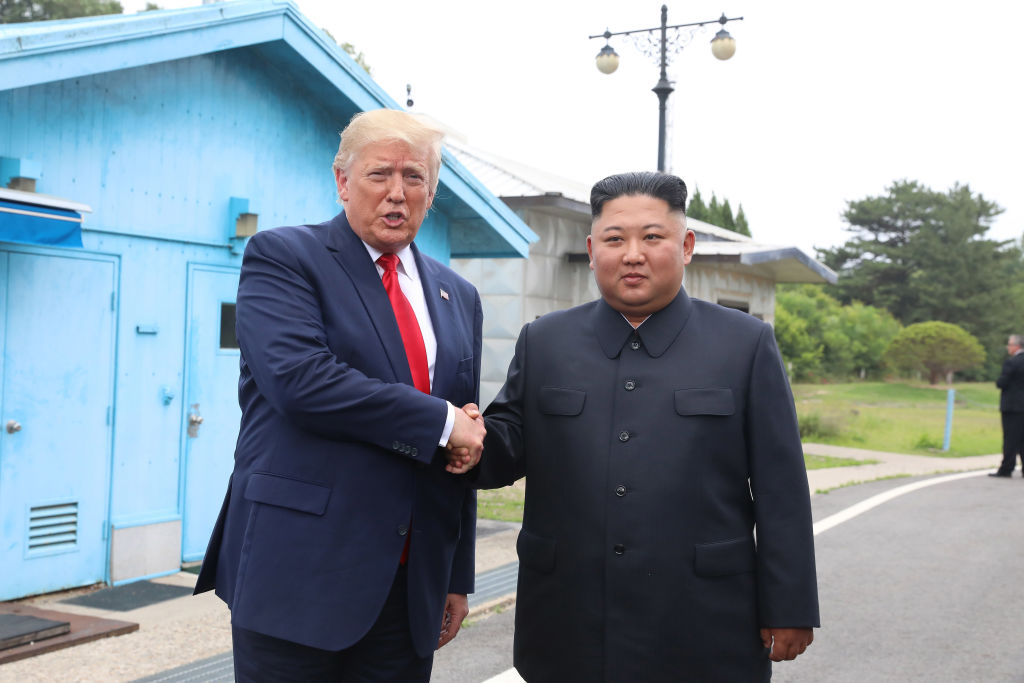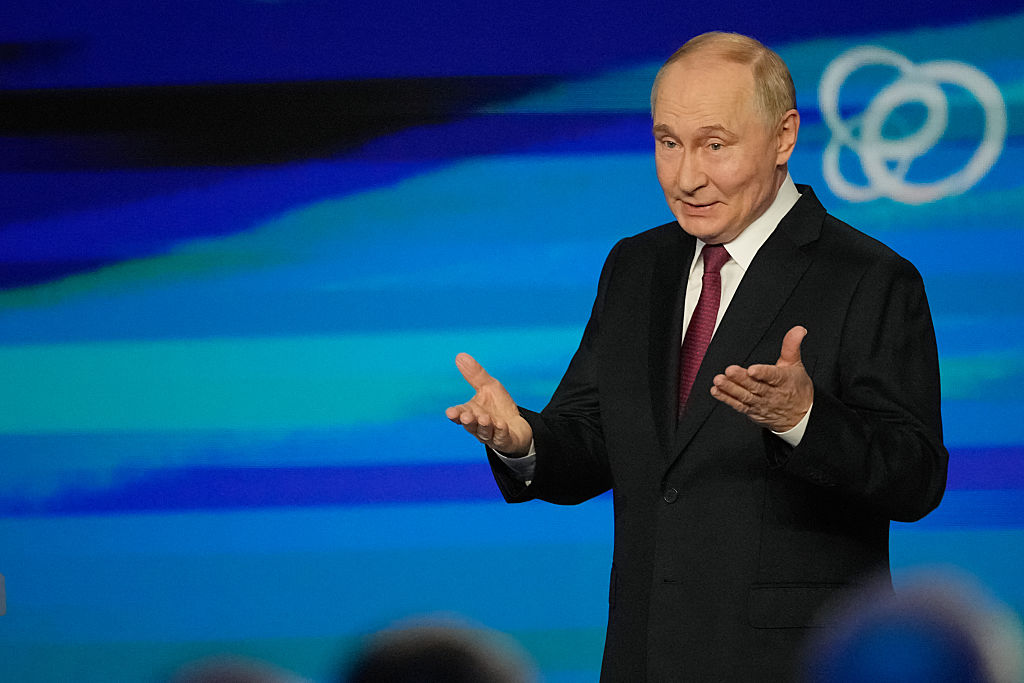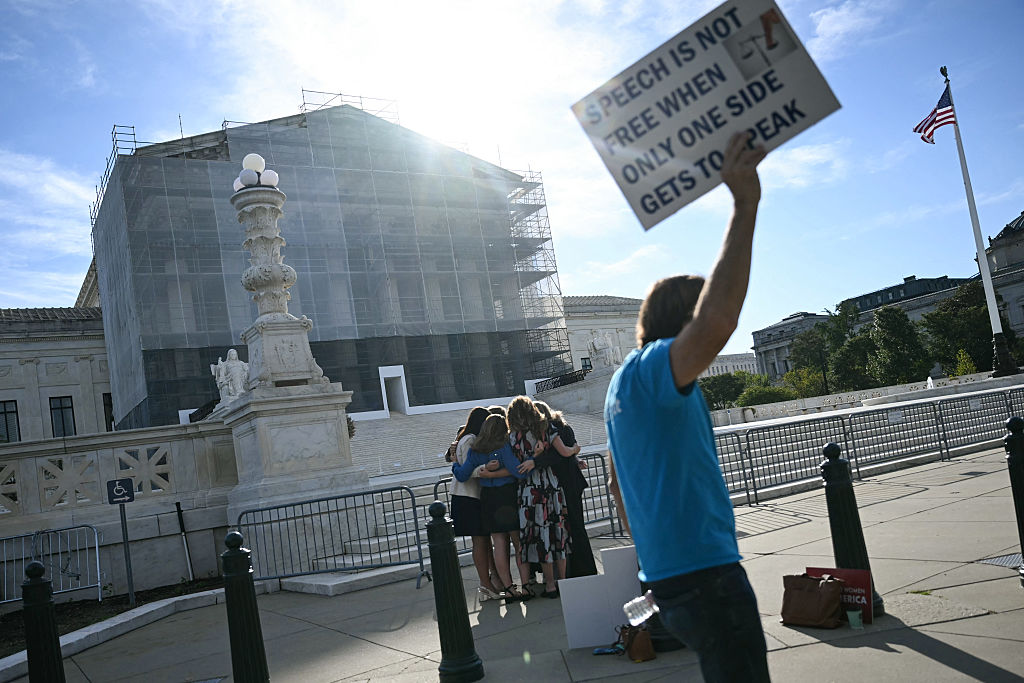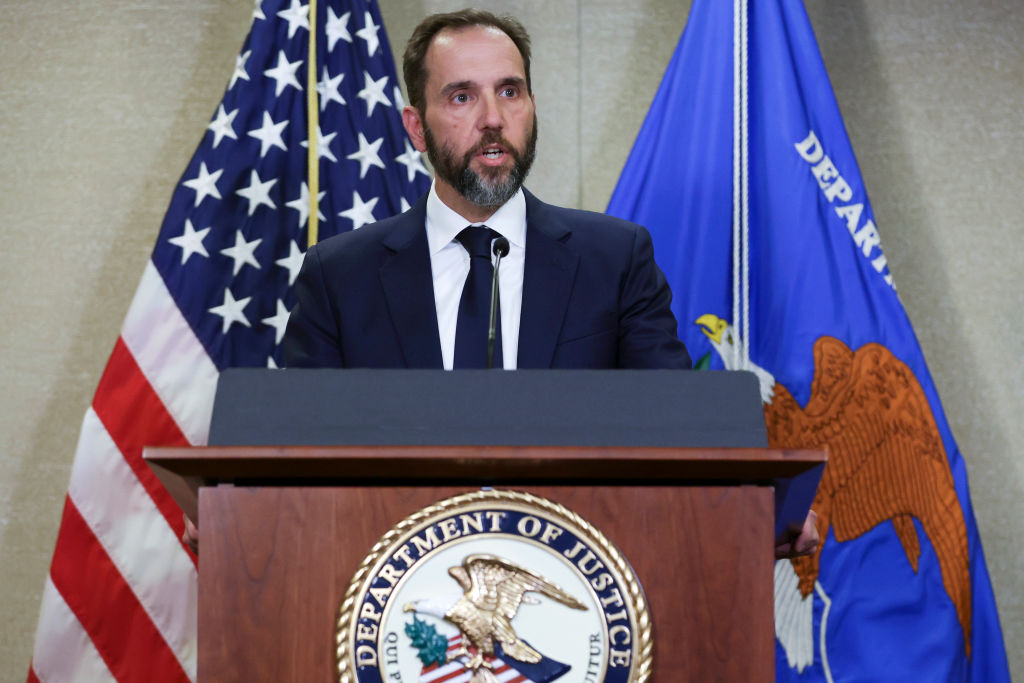On taking office, Joe Biden promised a new approach to foreign policy based on prioritizing democratic values and human rights. The president spoke of “the battle between democracy and autocracy” as the defining struggle of the time, effectively dividing the world into two clear and opposing camps. Now Biden is having to eat his own words by playing host to Narendra Modi, the prime minister of India. It would be a stretch to describe Modi as a standard bearer for human rights or Western democratic values.
Even so, Modi is being given the red carpet treatment in Washington, including the honor of making an address to a joint session of Congress. The state visit for the Indian leader is only the third Biden has held during his presidency. This is quite a turnaround for a politician who was once denied entry to the United States because of concerns over alleged human rights violations.
During Modi’s nine years in charge of India, there has been a steady erosion of political and civic freedoms, with growing religious intolerance, a crackdown on political dissent, censorship and restrictions on the press.
Modi will hardly be quaking in his boots on hearing such weasel words
Rahul Gandhi, the most prominent Indian opposition politician, is fighting in the courts to avoid a jail sentence for mocking Modi’s last name. As far as Modi is concerned these are internal matters for India and of no concern to Washington or anyone else. It marks a significant diplomatic victory for India’s leader that the White House — publicly at least — appears content to turn a blind eye to his crackdown on freedoms back home.
Jake Sullivan, Biden’s national security advisor, told reporters ahead of the visit that the administration will “try to indicate where we stand without coming across as somehow talking down to or lecturing another country that has a proud history of sovereignty.”
Modi will hardly be quaking in his boots on hearing such weasel words. What is America’s role, if not to lecture other nations on the values and importance of democracy and freedom?
In a rare concession to democratic norms, Modi has agreed to take part in a joint news conference, a traditional feature of visits by foreign leaders. Modi has not held a single press conference during his nine years leading India; in 2019, he attended a press conference but did not take questions.
Modi has been to the United States five times since becoming prime minister. His latest visit is the most significant yet and is a mark of India’s growing power. As well as expected deals in defense and technology, he will have talks with American business leaders keen to invest in India.
More broadly, Modi knows that the White House needs India as a critical counterweight to China’s growing power in the Indo-Pacific region. Hence the flattering official briefings describing ties with India as the US’s “most important bilateral relationship.”
All of this gives India great leverage, something that Modi has been quick to exploit. It also gives weight to his claim that this is India’s moment on the world stage. India has just overtaken China as the world’s most populous country. It has a growing middle class, a strong tech sector and is equipped to serve as an alternative manufacturing base to China.
Modi sees himself and his country as a canny and powerful global player rather than a supplicant to a superpower such as the United States. The conflict in Ukraine illustrates this all too well. Modi has been careful not to directly criticize Russia, and India continues to buy arms as well as crude oil from Russia. Yet such is the American need to keep India on side that differences on Ukraine have not been allowed to undermine ties. It is one more victory for Modi, and reaffirms the strategic importance of India at a time when both Russia and China pose ever greater challenges to the global order.
Modi’s Washington visit, in particular the lavish reception granted to a leader who has helped fuel the forces of religious extremism and repression in his own country, is the final nail in the coffin of Biden’s misguided ethical foreign policy. It has only deepened public cynicism about the difference between what Biden says and does, and left America looking hypocritical in its support of democratic values as well as weak and uncertain at a time of great international peril.
This article was originally published on The Spectator’s UK website.



